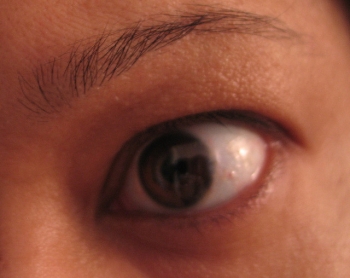How to Know if Lasik is Right for You

In the past few years, laser-assisted in-situ keratomileusis (LASIK) has become a popular choice to correct vision problems and eliminate or reduce the need for corrective lenses. However, while it’s true that for some, LASIK can be a vision life-saver, for others, LASIK can have little effect or can be extremely risky. The challenge then is, how do you know if LASIK is right for you?
For people who are tired of wearing glasses, are unable to wear contacts, or who despair over the cost and inconvenience of any type of corrective lens, the prospect of eliminating these problems can be tantalizing. Not to mention the idea of waking up and immediately being able to see your alarm clock and other features of your room.
LASIK surgery is a refractive eye surgery that can treat moderate degrees of nearsightedness, farsightedness, and astigmatism. LASIK surgery involves an eye surgeon creating a flap in your cornea and then reshaping the cornea and correcting any focusing problems with a laser.
To qualify for LASIK surgery you have to be at least 18 years old, have eyes that are free from disease, scars, or infections, be able to keep you eyes fixed on a point of light for 1-2 minutes, and refrain from wearing contacts for at least 2 (and usually 4) weeks previous to your surgery. In general, LASIK is not encouraged for those whose eye prescriptions are still changing, if you have thin corneas, if you suffer from presbyopia, or if you have dry eyes.
If you are thinking about LASIK surgery, then it’s important that you talk to both your eye doctor and your insurance company. Your doctor will be able to accurately assess your vision condition and determine whether you would truly benefit from the surgery, or if it would have little effect on your situation. He will also be able to fully explain the inherent risks of the surgery.
It is also important to talk to you insurance provider to determine if your policy will cover any portion of a LASIK surgery bill. It’s important that you fully explain your situation in order to determine what is covered by your policy, especially if LASIK is being recommended for refractive errors that are a result of injury or surgery.
The prospects of clear vision (and reduced or eliminated expenses on corrective lenses) have led many people to sign up for LASIK surgery. If you fit the above requirements, and have a desire to learn more, talk to you doctor and insurance agent to see if it’s right for you.
